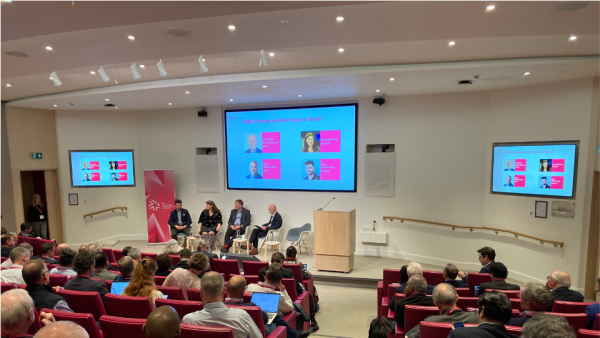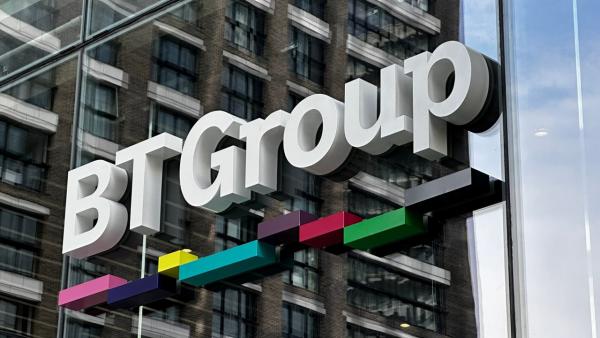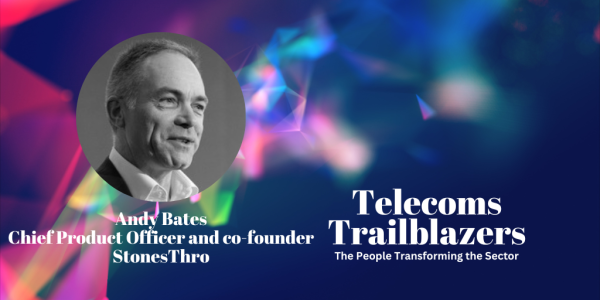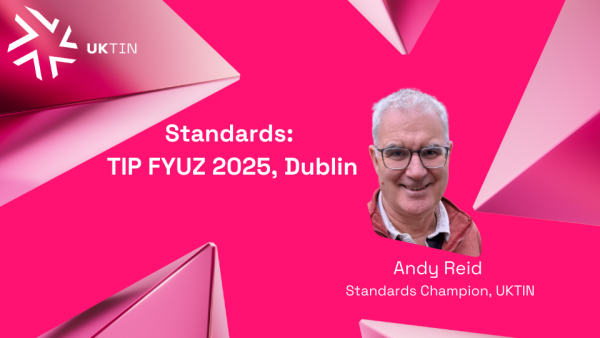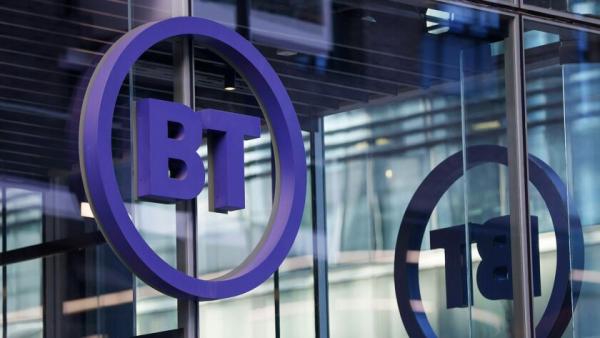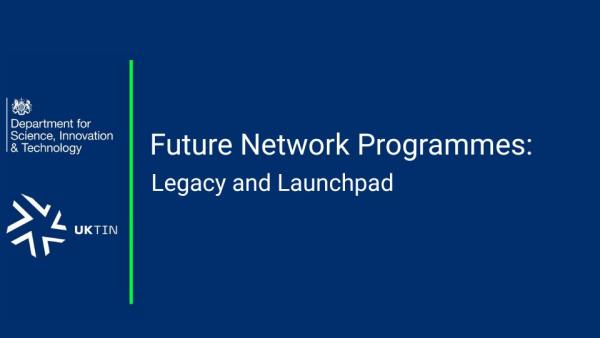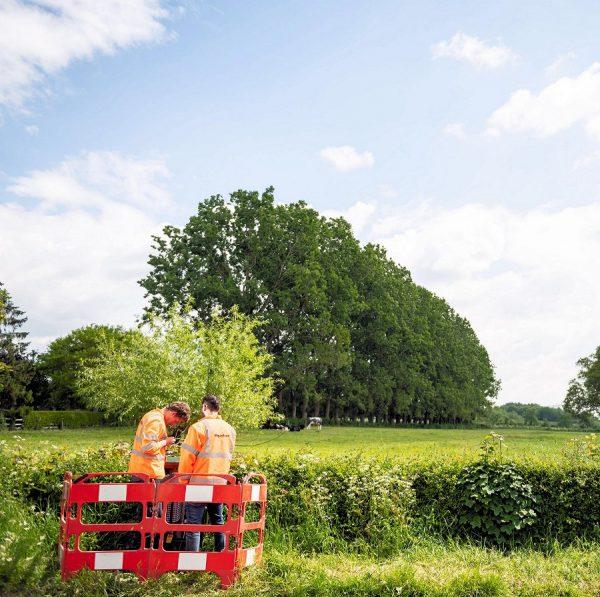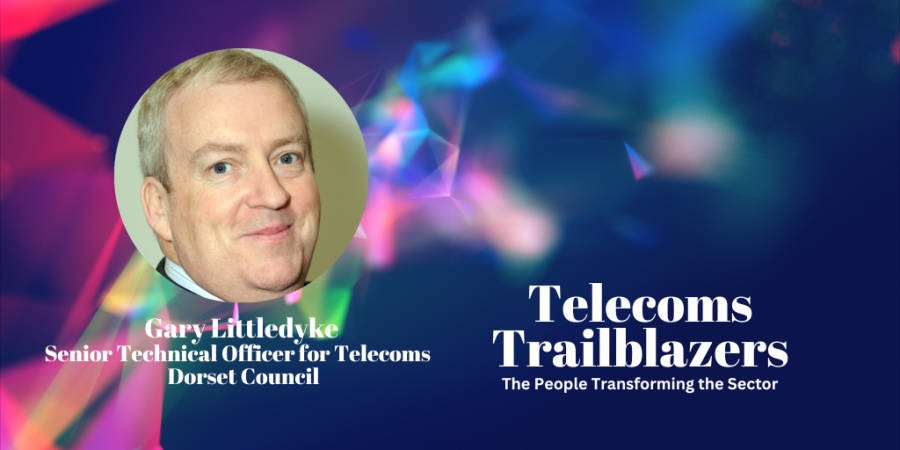
Hello, my name is Gary Littledyke and I am the Senior Technical Officer for Telecoms at Dorset Council. I have forty years of experience in the telco industry; I joined the army as an apprentice at age 16 and spent eight years working as a British Army Royal Signals Communications Specialist.
I was one of the project managers who delivered the 5G RuralDorset project, which I lovingly refer to as the multi-award winning 5G RuralDorset project. I also led the Wessex Digital Infrastructure Accelerator project, a £500,000 government-funded pilot aimed primarily at understanding how public sector assets could be made available to mobile network operators and their supply chain partners, to help reduce costs and speed up digital infrastructure deployment in rural areas.
I am currently leading the delivery of the Dorset Open Networks Ecosystem (DONE) project, a multi-million pound R&D project funded by DSIT which is part of their Open Networks Ecosystem Program. DONE is being led by Dorset Council working with a number of consortium partners including larger organisations such as ARM and Keysight alongside SMEs such as Telint, Neutral Networks and X-Net with Alt Net Wildanet and Strathclyde University.
Rollout is much easier when we have “willing landlords”, and a key part of my role is to ensure Dorset is easy to do business with. Building infrastructure can be costly for mobile operators: if you’re collaborative and easy to work with, you’re more likely to receive investment. Securing planning permission within our council, however, is not easy: two-thirds of the area is subject to protection and conservation.
Looking inward is therefore crucial. My job is to understand the barriers within the council, such as the planning services and highways. This helps to secure agreements and allows us to share our assets (Dorset is currently working with AssetHUB, which hosts a sharing platform). In addition, industry engagement is important: I work with MNOs and supply chain partners, acting as a single point of contact for the council’s departments.
Declining planning applications for telecoms infrastructure is relatively common. This is why I like to shout about the benefits. I am here to tell the other side of the story: mobile connectivity is essential to our residents' well-being and to help drive economic growth across Dorset.
What do you enjoy most about working in this space?
My whole working life has been in the world of connectivity and I am hugely passionate about it. It almost isn’t like a job for me – it’s a bit like being paid for having a hobby, to be honest. I love problem-solving and while I’m not an engineer and not as techy as most people in this sector, I know enough to come up with some crazy ideas, some of which I occasionally pull off! It pays to think way outside of the box sometimes.
What’s the most ridiculous thing you’ve done in the name of work?
I once tied a handheld radio to a balloon to see how much the coverage improved… PS: It worked really well!
What excites you most about working in telecoms?
I genuinely feel so lucky to be working with DSIT and UKTIN, influencing what happens in Dorset and more widely. It’s important to share lessons and learn from other local authorities. There is huge potential here, and we need to do this more.
What would you like people to know about your work?
Dorset is an amazing place to live and work, but the area has significant challenges with fixed and mobile connectivity. Operators have obligations to deliver coverage at a nation-state level but this is an averaged number that combines the values for urban places like London, Manchester and Birmingham with more rural areas like Norfolk, Cumbria and Dorset. To get the true picture, we must be more granular.
Why is a vibrant, flourishing telecoms ecosystem important for the UK?
Digital infrastructure is the driver of global economic competitiveness, it will be for decades to come, if not forever. In Dorset, we are worried about falling behind. The digital divide is only getting wider and the impacts can already be seen. Every person, every building and every device in the UK needs to be connected if we are to truly see the benefits that are possible from truly ubiquitous connectivity.


